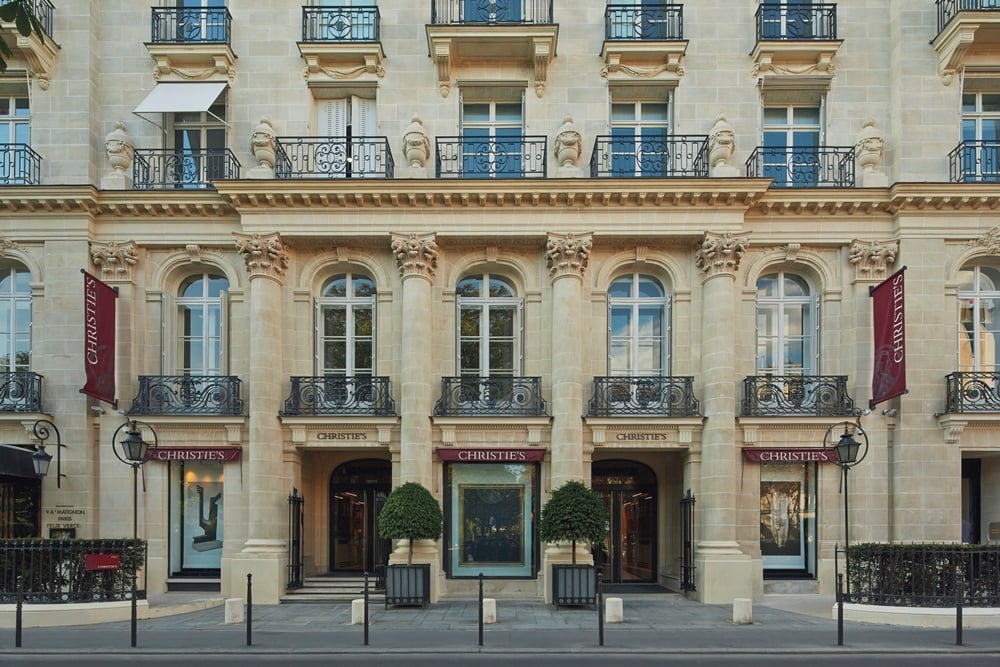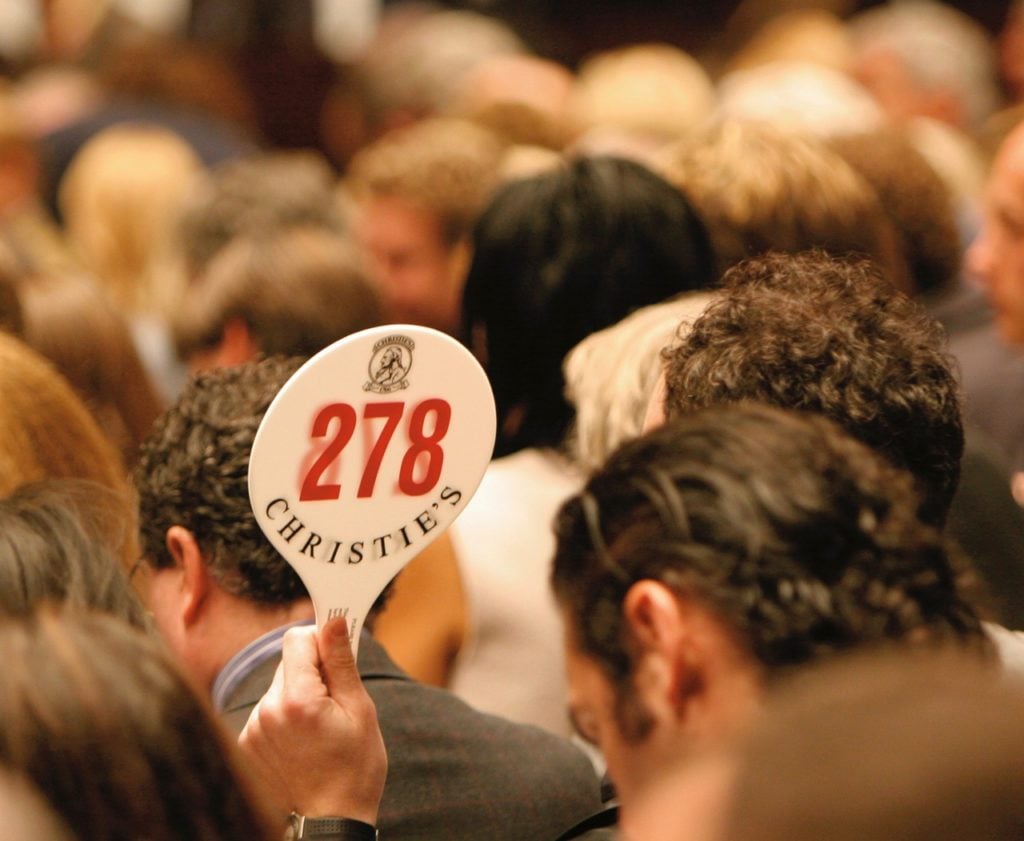Auctions
Who Should Pay Artists? Christie’s Fights Back in France Over New Resale Rules
Auction house tries to keep it seamless for consignors to sell in Paris

Auction house tries to keep it seamless for consignors to sell in Paris

When it comes to parting with paintings and other precious objects, Christie’s wants to keep life simple for its consignor clients in France.
That, in a nutshell, is why the auction house is fighting back against a recent Paris court ruling that changes the way droit de suite—or resale royalties paid to artists or their heirs—are handled. The latest ruling effectively shifts the burden back to the seller of the work, making them responsible for equitably dispersing a chunk of their proceeds to the artist or estate in question.
The shift is the latest in a years-long battle that has the potential to put pressure on the French auction market, particularly if the added obligation prompts clients to consign their works elsewhere to escape the unwanted complexity.

Courtesy Christie’s.
On March 24, the court of appeal in Versailles held that “the clause in the general conditions of sales of Christie’s France transferring the resale royalty cost from the seller of an art work to the accepting buyer” infringed on an article of the French Intellectual Property Code, according to a statement emailed to artnet News by a Christie’s representative in France.
As art historian and Art History News blogger Bendor Grosvenor pointed out in a recent post: “This opens up the prospect of many thousands of sales being re-worked, or the buyers being refunded. For if you bought a picture and paid the fee, but now wish to sell it, you will be obliged as a vendor to pay it again.”
Meanwhile, the auction house said in its statement: “Christie’s France believes that the decisions of the Court of Appeal of Versailles are not legally justified. Christie’s France has thus decided to appeal these decisions before the French civil Supreme Court.”
Christie’s notes that the European Court of Justice already decided this when it pointed out that the EU directive did not intend to “preclude contractual agreements related to the resale royalty cost.”
A previous decision of the Cour de Cassation “had subsequently overruled a decision by the Court of Appeal of Paris, the latter having considered these agreements to be in violation with the EU directive and the transposing provisions in the French Intellectual Property Code,” Christie’s points out.
Droit de suite was introduced in France in the late 19th century with the goal of allowing an artist to be able to benefit from and share in price increases in their work, particularly sudden and relatively rapid shifts. Artists’ heirs are entitled to this royalty for 70 years. Until now, the fee has always been charged to the buyer by dealers and auction houses.
Said Grosvenor: “Whether this change will spread to other countries, I don’t know. In the UK the dealing and auction community is hopeful that the ARR will no longer be used after Brexit. It was introduced here after an EU directive in 2001.”